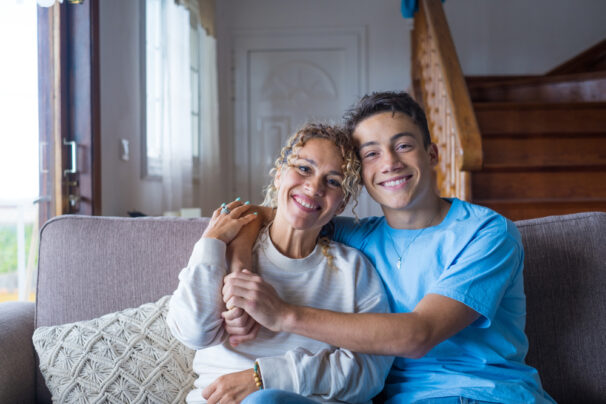OCD in children and teens
What is OCD?
Obsessive and Compulsive Disorder (OCD) is an anxiety disorder characterised by feeling inappropriate, repugnant and distressing intrusive thoughts, images, or impulses (obsessions) that occur against your will. Obsessions can be thoughts, worries, pictures or feelings that we experience a lot of and that aren’t very nice and that we don’t want. Compulsions can then be actions or things we do to cope and manage these obsessive thoughts to try and make them go away. No one knows exactly what causes OCD, but whatever it is we know that OCD works by tricking us into thinking and feeling in certain ways.
When to seek treatment for OCD in children and teens
How does OCD affect children and young people?
A child with OCD has obsessive thoughts that are not wanted. They are linked to fears, such as touching dirty objects. He or she uses compulsive rituals to control the fears, such as excessive handwashing. As children grow, rituals and obsessive thoughts normally happen with a purpose and focus based on age. School-aged children often create group rituals as they learn to play games, take part in team sports, and recite rhymes. Older children and teens start to collect objects and have hobbies. These rituals help children to socialise and learn to deal with anxiety.
When a child has OCD, obsessive thoughts and compulsive rituals can become very frequent and strong. They may interfere with daily living and normal development. OCD is more common in teens.

Begin your journey
Your child must be aged 5-17 years to access our therapy services.
Your child’s assessment will cost £100 (this includes consultation and report).
After your assessment, if your child is recommended for therapy, this will cost £125 per appointment.
(all fields marked * are mandatory)

